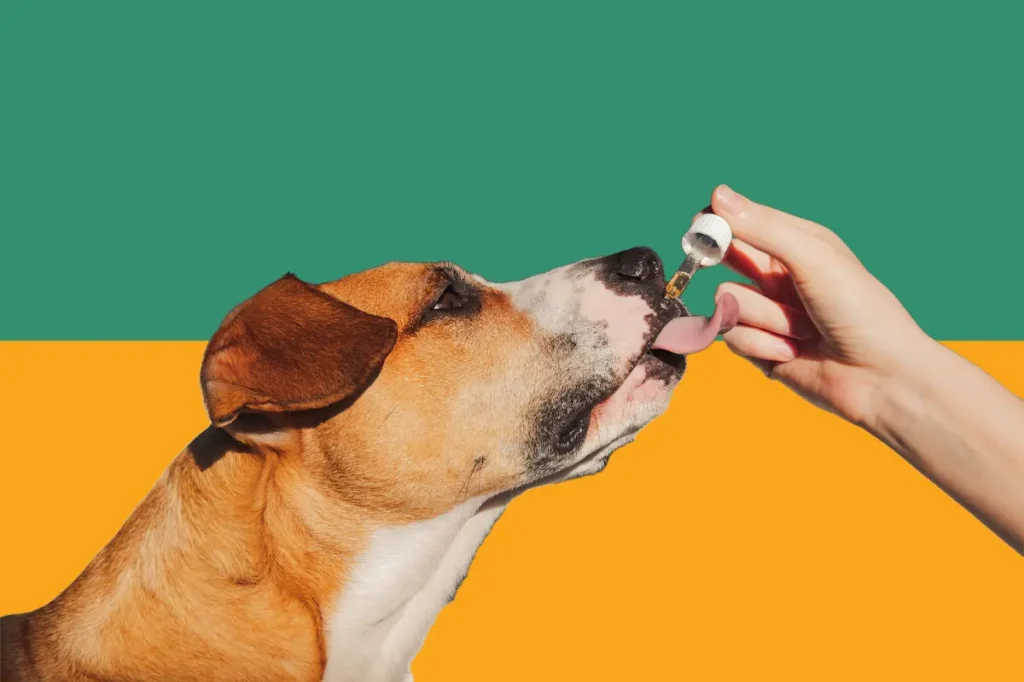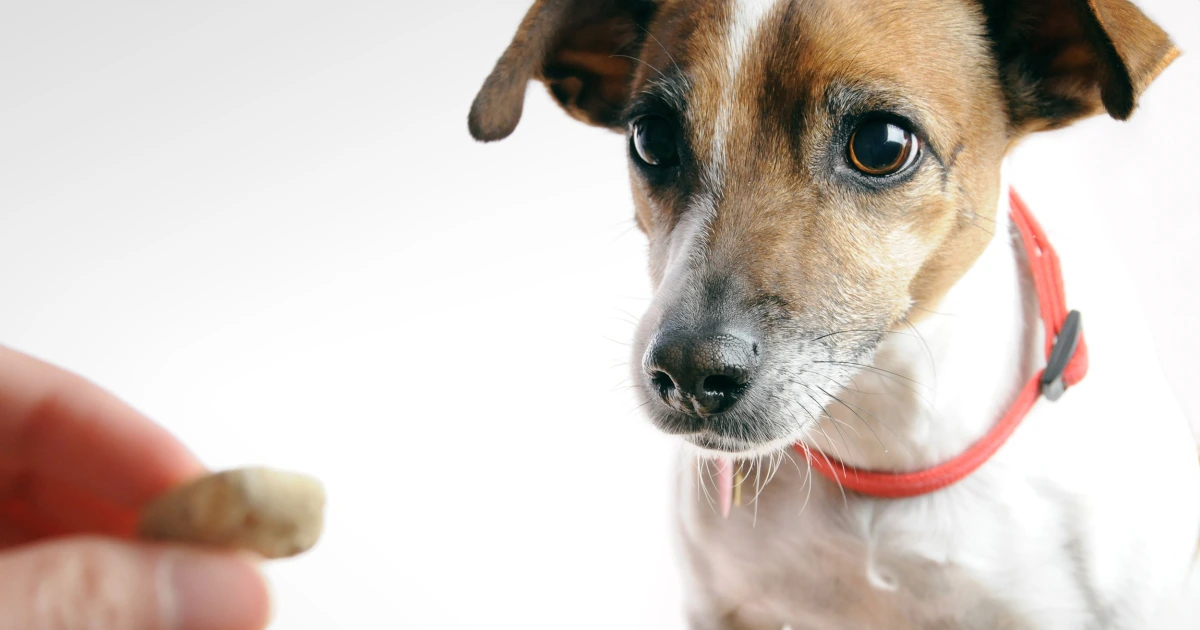Introduction
Dog aggression is a complex and often misunderstood behavior that can be concerning for pet owners. From growling and barking to biting and lunging, aggressive tendencies in dogs can manifest in various ways and may stem from a combination of genetic, environmental, and behavioral factors. While aggression in dogs can pose challenges, it’s essential to approach it with empathy and a willingness to understand the underlying causes.
In recent years, CBD (cannabidiol) has emerged as a potential natural remedy for managing aggression in dogs, offering a promising alternative to traditional pharmaceuticals. In this comprehensive guide, we’ll delve into the various facets of canine aggression, explore the science behind CBD’s for dogs calming effects, and discuss how it can help improve the behavior and well-being of aggressive dogs.

Understanding Canine Aggression: Causes and Triggers
Canine aggression is not a one-size-fits-all phenomenon; it can arise from a combination of genetic predispositions, past experiences, socialization issues, fear, anxiety, and even medical conditions. Understanding the root causes and triggers of aggression in dogs is crucial for developing effective management strategies. Some common factors contributing to canine aggression include:
1. Genetics: Certain breeds are genetically predisposed to aggressive behavior, although it’s essential to recognize that individual temperament can vary widely within a breed.
2. Fear and Anxiety: Dogs may become aggressive as a result of fear or anxiety, especially in response to unfamiliar situations, loud noises, or perceived threats.
3. Lack of Socialization: Inadequate socialization during puppyhood can lead to fear-based aggression towards unfamiliar people, animals, or environments.
4. Resource Guarding: Dogs may exhibit aggression when they feel their food, toys, or territory is being threatened or invaded by humans or other animals.
5. Pain or Medical Issues: Underlying medical conditions, chronic pain, or discomfort can trigger aggressive behavior in dogs, as it may be their way of expressing distress.
The Importance of Positive Reinforcement and Training
Effective management and training play a crucial role in addressing aggression in dogs. Positive reinforcement techniques, such as reward-based training and behavior modification, focus on encouraging desirable behaviors while discouraging unwanted ones. Consistency, patience, and understanding are key when working with aggressive dogs. Professional guidance from certified dog trainers or behaviorists can also be invaluable in developing tailored intervention plans suited to the individual dog’s needs.
The Role of CBD in Managing Canine Aggression
CBD, derived from the hemp plant, has gained traction as a natural supplement with potential therapeutic benefits for dogs, including anxiety reduction, pain relief, and mood stabilization. Unlike THC (tetrahydrocannabinol), CBD is non-psychoactive and does not produce a “high” effect in dogs. Instead, it interacts with the endocannabinoid system (ECS), a complex network of receptors and neurotransmitters involved in regulating various physiological functions, including mood, stress response, and pain perception.

How CBD Works to Calm Aggressive Behavior
CBD works by interacting with cannabinoid receptors (CB1 and CB2) in the ECS, modulating neurotransmitter activity, and promoting homeostasis within the body. Research suggests that CBD’s anti-anxiety and anti-inflammatory properties may help reduce stress, alleviate fear-based behaviors, and promote relaxation in dogs. By targeting the underlying factors contributing to aggression, CBD offers a holistic approach to managing behavioral issues without causing significant side effects or sedation.
Choosing Quality CBD Products for Your Dog
When considering CBD for your dog’s aggression, it’s essential to choose high-quality products specifically formulated for pets. Look for organic, full-spectrum CBD oil derived from hemp plants grown in reputable sources. Third-party lab testing can provide assurance of purity, potency, and absence of harmful contaminants. Additionally, opt for CBD products specifically designed for dogs, as they are formulated with pet-friendly ingredients and dosages tailored to canine physiology.
Tips for Incorporating CBD into Your Dog’s Routine
Introducing CBD to your dog’s daily regimen requires careful consideration and monitoring. Start with a low dosage and gradually increase as needed based on your dog’s response and behavior. CBD can be administered orally as oil tinctures, treats, or capsules, making it easy to integrate into your dog’s meals or snacks. Keep track of any changes in your dog’s behavior, demeanor, or overall well-being, and consult with your veterinarian if you have any concerns or questions.
Conclusion
In conclusion, understanding aggression in dogs requires a multifaceted approach that addresses underlying causes, implements positive reinforcement training, and explores alternative therapeutic options like CBD. By taking a proactive and compassionate approach to managing aggression, pet owners can help their dogs lead happier, healthier lives. CBD offers a promising avenue for mitigating aggressive behavior in dogs, providing a natural and holistic solution that prioritizes their well-being and quality of life.





